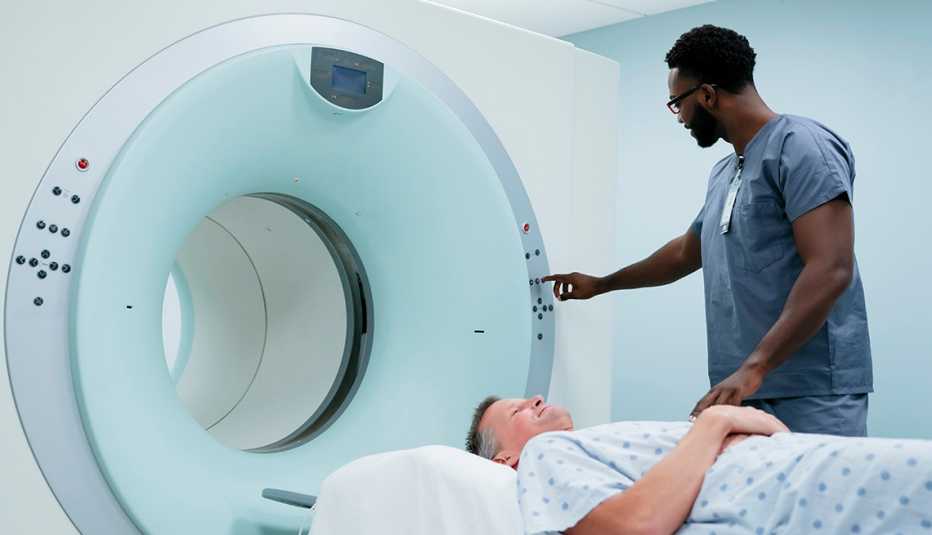Staying Fit


Medicare Advantage (MA) plans deny millions of requests for medical care each year and tens of thousands of those denials are for tests and treatments that should have been approved and paid for, according to a new report from the U.S. Department of Health and Human Service’s Office of Inspector General.
“Denying requests that meet Medicare coverage rules may prevent or delay beneficiaries from receiving medically necessary care and can burden providers,” says the OIG report, issued on April 28. The federal inspectors called on the Centers for Medicare and Medicaid Services, which oversees Medicare, to more tightly regulate these plans to make sure they are following Medicare’s rules for what should be covered. Included in the report is a letter from CMS agreeing with the OIG findings, and a CMS spokesman said the agency is reviewing the findings to determine the next steps.


AARP Membership— $12 for your first year when you sign up for Automatic Renewal
Get instant access to members-only products and hundreds of discounts, a free second membership, and a subscription to AARP the Magazine.
Enrollment in MA plans has increased significantly over the past decade, with 42 percent of Medicare beneficiaries (26.4 million) enrolled in these private health insurance plans in 2021. The Congressional Budget Office estimates that by 2030, 51 percent of Medicare beneficiaries will get their care through such plans. These insurers receive a flat monthly fee for every Medicare beneficiary they cover. Investigators said one of the concerns about such a payment method “is the potential incentive for insurers to deny access to services and payment in an attempt to increase profits.” Under original Medicare, the federal government pays providers directly for each service or treatment that Medicare covers.
In many cases, MA plans required a pre-authorization for a service, especially for complicated or expensive tests and treatment. OIG investigators reviewed pre-authorization denials from 15 MA organizations from the first week of June 2019. Investigators found that 13 percent of the services denied would likely have been paid for under original Medicare. They estimated that based on their sampling, nearly 85,000 pre-authorization requests would have been denied that year.

































































More From AARP
Medicare Makes It Easier to Compare Doctors, Health Facilities Online
New interactive tool searches hospitals, nursing homes, rehab, hospice and more
Medicare Advantage Plans Gain in Popularity
Extra benefits fueling trend, but experts question progressHow Much Do You Know About Medicare?
Take this quiz and discover how knowledgeable you are about the health insurance program